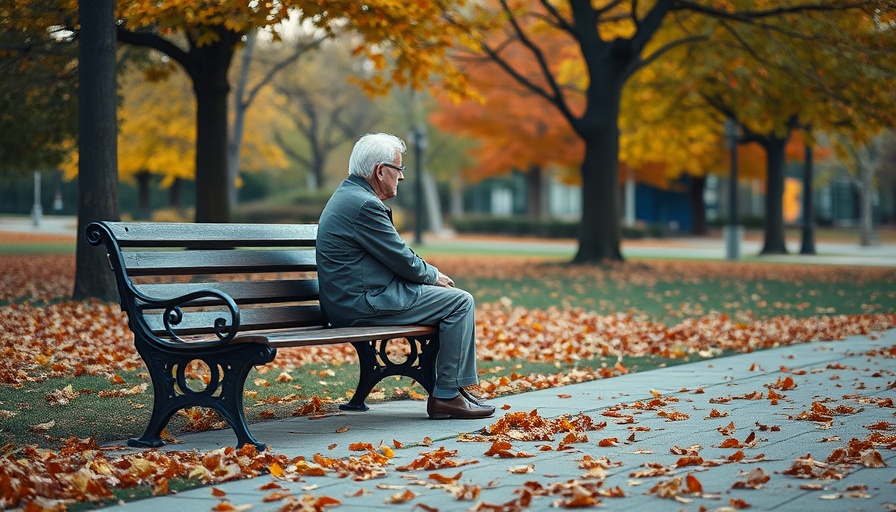
A Hidden Epidemic: Loneliness Among Seniors in New York
In the heart of New York City, an insidious crisis persists, often overlooked amidst the city's vibrant pace: loneliness, particularly among its senior citizens. Research indicates that over 50% of New Yorkers feel lonely at least part of the time, with older adults facing the highest levels of isolation in the nation. This demographic shift, combined with increasingly isolated living conditions, paints a troubling picture of senior health in the city.
Loneliness isn’t merely a transient emotion—it poses severe health risks that can mirror those of habitual smoking. The former U.S. Surgeon General’s characterization of loneliness as an "epidemic" is not without merit. It contributes to a plethora of health issues, including heart disease, stroke, and cognitive decline.
Social Programs: A Ray of Hope
Communities can combat this pervasive isolation through robust support systems. Initiatives that promote social interaction, engagement, and shared experiences can have invaluable benefits. Group activities like dance classes, community volunteering, or simply participating in organized discussions about health can significantly improve mental well-being and reduce feelings of loneliness. Innovative use of online tools like video chats also offers seniors new ways to connect.
Local Initiatives Addressing Loneliness
In response to this crisis, grassroots movements are emerging to cultivate community support among seniors. In neighborhoods like Brooklyn and the Bronx, social groups are being organized to help seniors articulate their emotional struggles within a fast-paced urban setting. They emphasize active conversations about health and collective experiences, fostering a sense of belonging that is crucial for mental health.
The Big Picture: Addressing Loneliness Nationwide
As we continue observing Mental Health Awareness Month, there’s an urgent need to spotlight the loneliness epidemic. Our society often places less importance on senior citizens' well-being, yet it is essential to advocate for comprehensive solutions. As programs are evaluated for effectiveness, it is clear that increasing participation among older adults leads to enhanced life satisfaction and psychological health.
Let us all be vigilant in recognizing the signs of isolation in older friends, neighbors, and family. Through comprehensive community programs and individual acts of kindness, we can create a more connected and compassionate world for everyone. To those feeling isolated or uncertain about navigating senior health coverage and resources, I encourage you to seek help. Confused about Medicare? We simplify, optimize, and get you covered! Call 231-571-6100.
 Add Row
Add Row  Add
Add 




Write A Comment